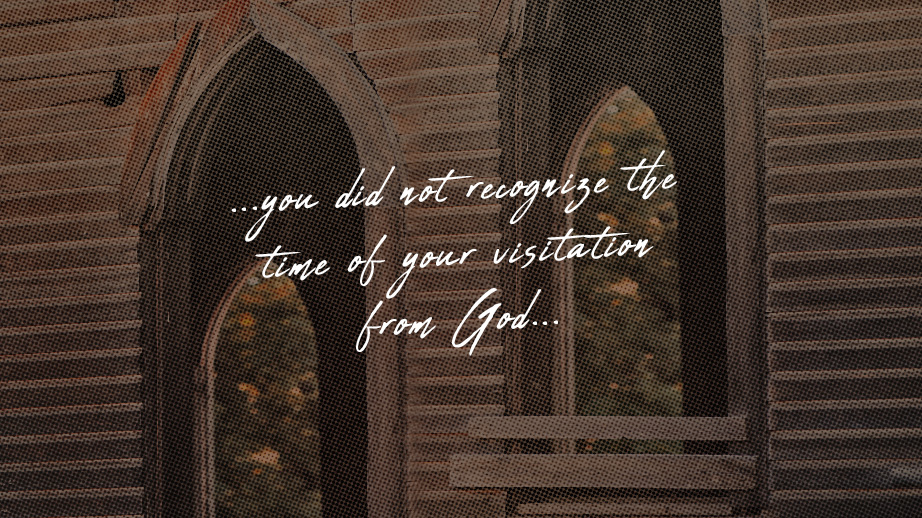If you have not heard, something unusual has been happening at Asbury University in Kentucky. It’s not often that CNN and other news outlets report on church meetings. Some are calling it the beginning of a move of God, others use the term ‘revival’. While others are claiming it could be part of ‘the last great awakening’ or a new ‘Jesus movement’ like in the late 60’s / early 70’s.
I just saw a headline that read: ‘Asbury University ends 24/7 revival meeting after 50K flock to Kentucky town over 13 days’. They are moving meetings to a bigger venue off campus. Friends who have experienced the meetings say it is a genuine, spontaneous hunger for God characterized by humility. Online critics cry foul and openly worry about it being manufactured in some way – pointing to the dangers of shallow ‘revivalism’ or predictable evangelical emotionalism.
The reality is spiritual awakenings have had huge impacts on the course of our history as a nation, and in other nations, in generations past. You don’t have to look far in American history to hunt down the impact of massive revivals that shook and shaped our culture.
Look back even farther in history, and zoom in to the land of ancient Israel. A people hoping for a messiah, longing for liberation from the oppressive Roman empire – longing for restoration as a nation. Jesus began his public ministry amidst those political and spiritual tensions.
His cousin John had just conducted a massive revival in the wilderness, on the fringes. As agrarian author Wendell Berry has written*: “If change is to come, it will have to come from the margins.” And that is what was happening. Everyone was going out to John to be baptized in a baptism of repentance. And the religious leaders were looking on, assessing what to do with this so-called wild prophet.
Jesus appears on the scene, and his supernatural ministry fanned the flames that John the Baptizer had sparked. The religious leaders started getting nervous. The revival could get out of hand and they could lose their heads or at least their hard won positions of authority.
What was odd though about Jesus was that He constantly put the brakes on his fame – as if He also knew it could get out of hand. As His popularity spread the people even tried to make him a political leader, a king, their awaited messiah! – and He refused. He just walked through the crowd and went on. Later on He makes His way to Jerusalem – the center of religious power. At the height of His movement He finally confronts the great city – approaching the city with an excited throng of followers. And weeps. He weeps and says:
“If only you had known on this day what would bring you peace! But now it is hidden from your eyes. For the days will come upon you when your enemies will barricade you and surround you and hem you in on every side. They will level you to the ground—you and the children within your walls. They will not leave one stone on another, because you did not recognize the time of your visitation from God.” (Luke 19:42-44)
This has always struck me. Jesus weeping over the center of religious power. God in the flesh weighing the soul of a city, the city of the great temple – and declaring an end to the power. Because they did not recognize the time of visitation.
Today I can drive down the highway ten minutes into town, and stand in front of an empty building where an active church once held meetings. I can drive another thirty minutes and put my hands on more empty church buildings. And I think about Jesus’ disciples marveling at the temple. It was so glorious. But Jesus was not impressed. It looked so permanent. But He knew it was just dust on the wind.
The lesson that comes with the current awakening is the lesson that always comes with spiritual awakenings. It is a warning and a call. Nothing we have built or will build will stand before the glory of God. And we can choose to weep in the days of visitation or be wept over by a God who will do everything in His power to call us back to Himself – even unraveling our empires.

